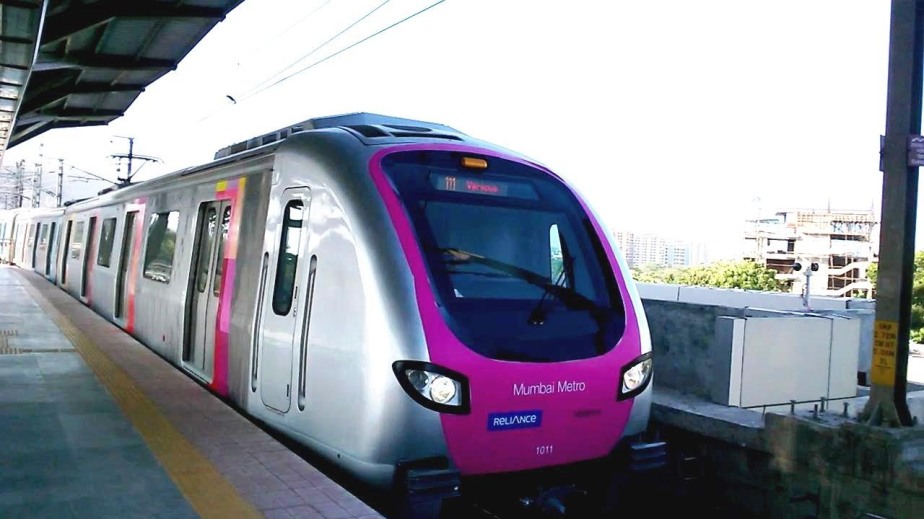CHAPTER ONE: My First Day On The Metro.
For the next chapter, see CHAPTER TWO: Over-ripe, Under-ripe Students.
My first day on the metro. I walked into the compartment with my sister, sat on the spot-free morning seat and looked around. Sophisticated and simple women sat shoulder to shoulder looking high and mighty in their silence. All back to the Monday grind. Sigh, still a few more of these internships, the end of college and I’d be in their place. Hopefully the big window with its fleeting scenery would save me from routine. Full and luscious green trees stood before me each for just a millisecond – looking worse than a few years ago, I’m presuming, but still beautiful.
My sister had a don’t-talk-to-me-before-10am-rule and in my own world of mellow morning music, I thought about what was going to become a unique memory for the future-my first time meeting children from the Nirankari slum. It was the first day of our teaching internship with Save The Children that day and I was anxious about meeting the little ones. They were not more than 14 and so sadly distant from us in their underprivileged lives. Still, here we were, going to teach them something that would link us forever.
Ananya and I got off the metro and took a bus to Shivaji Nagar. The bus journey was hot and uncomfortable but that was just another thing we got used to, by the end. At Shivaji Nagar, an office help was sent to direct us towards the work area in the Muslim-dominated project location. (I learnt later-to my delight-that Kondiba Bhaiya was considered as no less than the other members of the office).
The slum was just surrounding the dumping grounds of the city of Mumbai and there was an immediate stench when we walked into the interiors of the rural-urban setting. I took in the stench as any other local there but I was very conscious of the fact that I was a stranger. Apart from being a resident of a suburban area, something that separated me from Mankud was that I was a different-looking woman in a clean, hygienic state. And that received some cheeky looks and scrutiny.
I walked on the unpaved road amidst locals going for their afternoon namaaz and entered our work area for the next 30 days-a large, blue bus with pull-down tables and a clean whiteboard. The children were young, scruffy, eager, talkative and wearing what seemed like yesterday’s clothes.
The first struggle in teaching, I realised, was the difference in language. I was shocked at our lack of complete fluency in Hindi but the teachers at Save The Children helped us out with a few translations here and there. We taught the children the basic education we had taken for granted in our primary schooling and helped them with Math and English specifically.
In our later-afternoon session, we recieved a larger audience of students who had been freed of household chores and afternoon namaaz. I was personally surprised about their ignorance about certain fundamental matters and amazed at their child-like curiosity. Ananya and I asked personal questions to the students in an effort to show that we cared about each one of them.
The day ended with a little staff-room chatter in our bus and a reflection on the huge difference between this life and the life back at home. 29 days to go.
~~~
This is the first post in a series of posts regarding my experiences teaching young children at a difficult slum in Mumbai last year. The experience is close to my heart and I hope you can live it early as well as I did.
Follow to receive email updates about the next chapters in my story. 🙂

